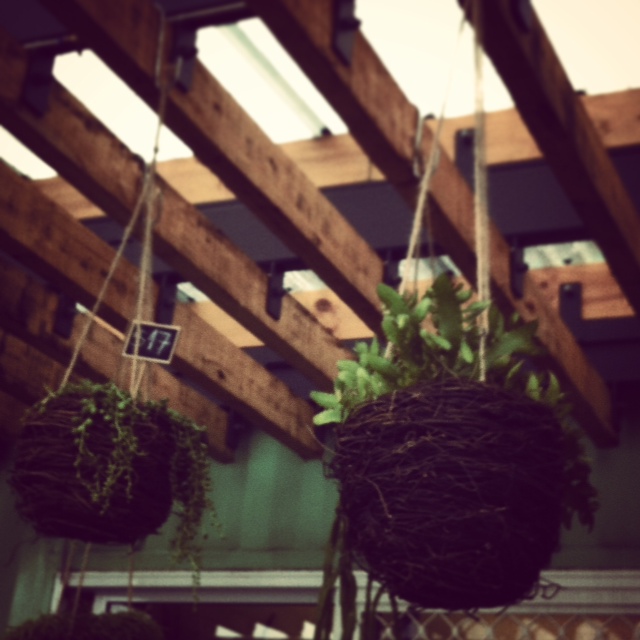
With the increase in outdoor rooms and indoor and outdoor spaces increasingly merging in home design there’s a few things to think about to keep your home and your family healthy.
Our shoes can walk pollutants such as insecticides, fungicides and herbicides right through the house or make their way in via pets.
When the windows are open for healthy breezes, chemical garden treatments can make their way into indoor air or settle onto interior surfaces.
What we plant in our garden can impact on occupants with seasonal allergies and impact on the wildlife or pests that accumulate around the home.
Now that spring is upon us it’s a great time to get the garden in order in time for the summer garden parties.
Healthy Interiors garden tips are:
1. Create healthy soil and compost mulch
2. Weed minimisation – A thick layer of mulch helps to minimise weed growth while providing nutrients and water retention attributes for plants. Keep mulch a few centimeters away from stems to prevent moisture related diseases.
3. Weed regularly while weeds are easy to remove, this will also minimise the spread of any seeds and reduce the need for chemical intervention. Boiling water or hot steam is helpful to kill weeds.
4. Plants natives to your location and types of plants that are suitable for site conditions eg wet or dry soil, sun or shade. Opt for plants that are resistant to insects and disease.
5. Appropriate watering – excess watering can create unhealthy soil. Systems that water the roots allow the soil to partly dry which assists to keep soil healthy.
6. Not all insects are bad for the garden – many bugs in the garden are helpful. Using pesticides often kills the bad and beneficial bugs. Creating a garden system that provides conditions for good bugs helps to keep others low.
7. Garden maintenance – remove hiding places that encourage harmful pests eg remove old pots or debris around the garden where snails or slugs may accumulate.
8. Regularly inspect the garden identifying a problem early helps with minimal intervention.
9. Early identification of pests in the garden may result in pest eradication success from hand picking out pests or setting garden traps such as beer traps (container placed into the soil with a small amount of beer to attract snails and slugs).
10. If a problem arises get expert assistance to identify an issues and identify options before reaching for chemicals. Correct identification can minimise incorrect chemical treatments.
11. If chemical intervention is required choose least hazardous products and only apply when rain is not expected to avoid run off into the garden.
12. Avoid combination products so that only minimial product is used for specific purpose.
13. If using products in the garden only treat specific areas, avoid a broad approach as this may be detrimental to the gardens natural balance.











 Register Your Product
Register Your Product